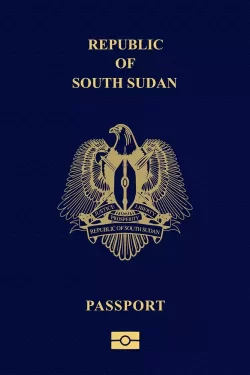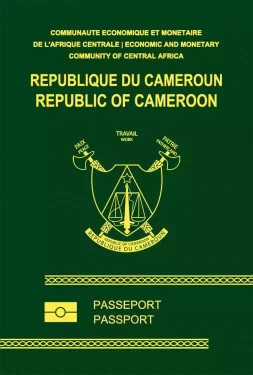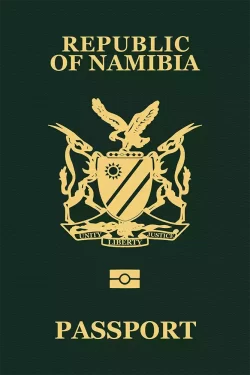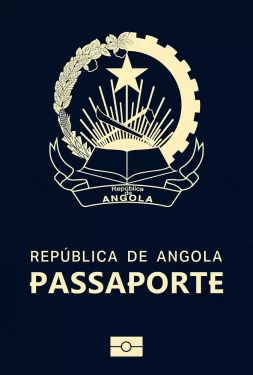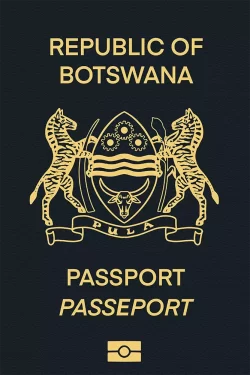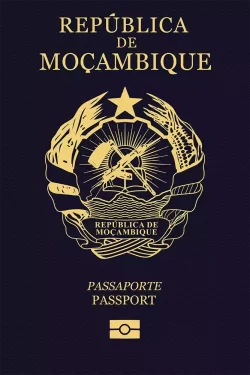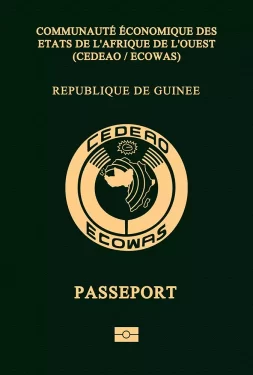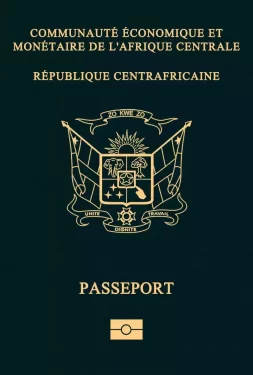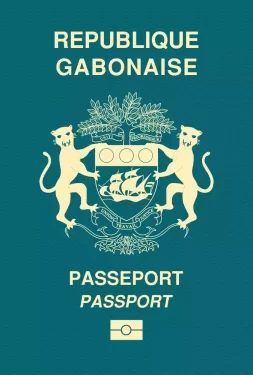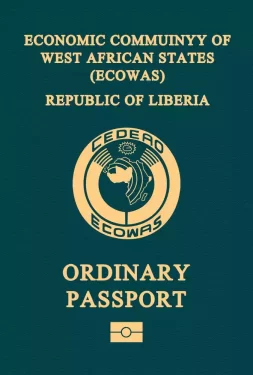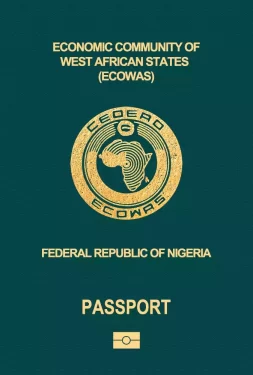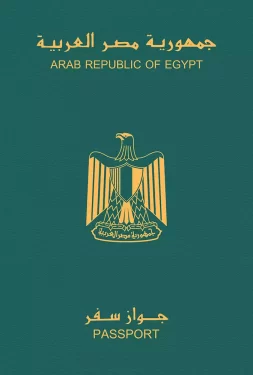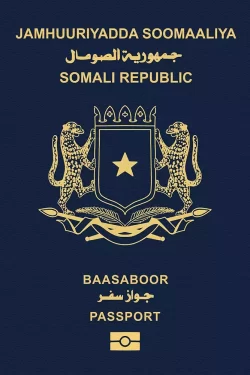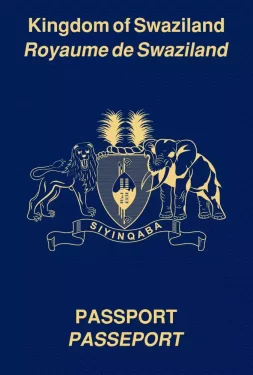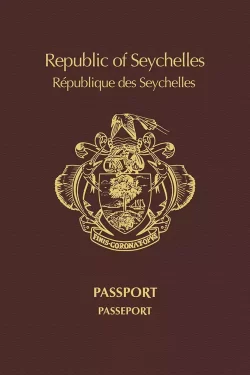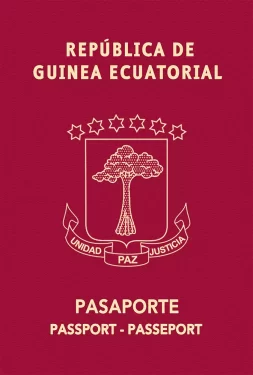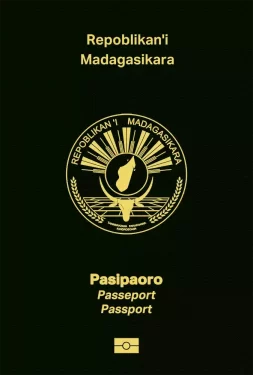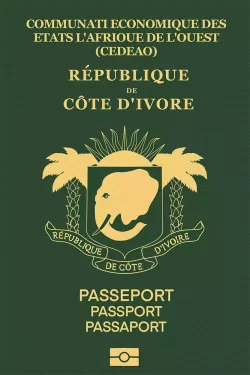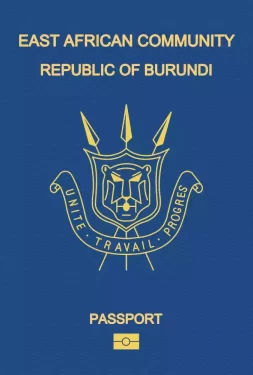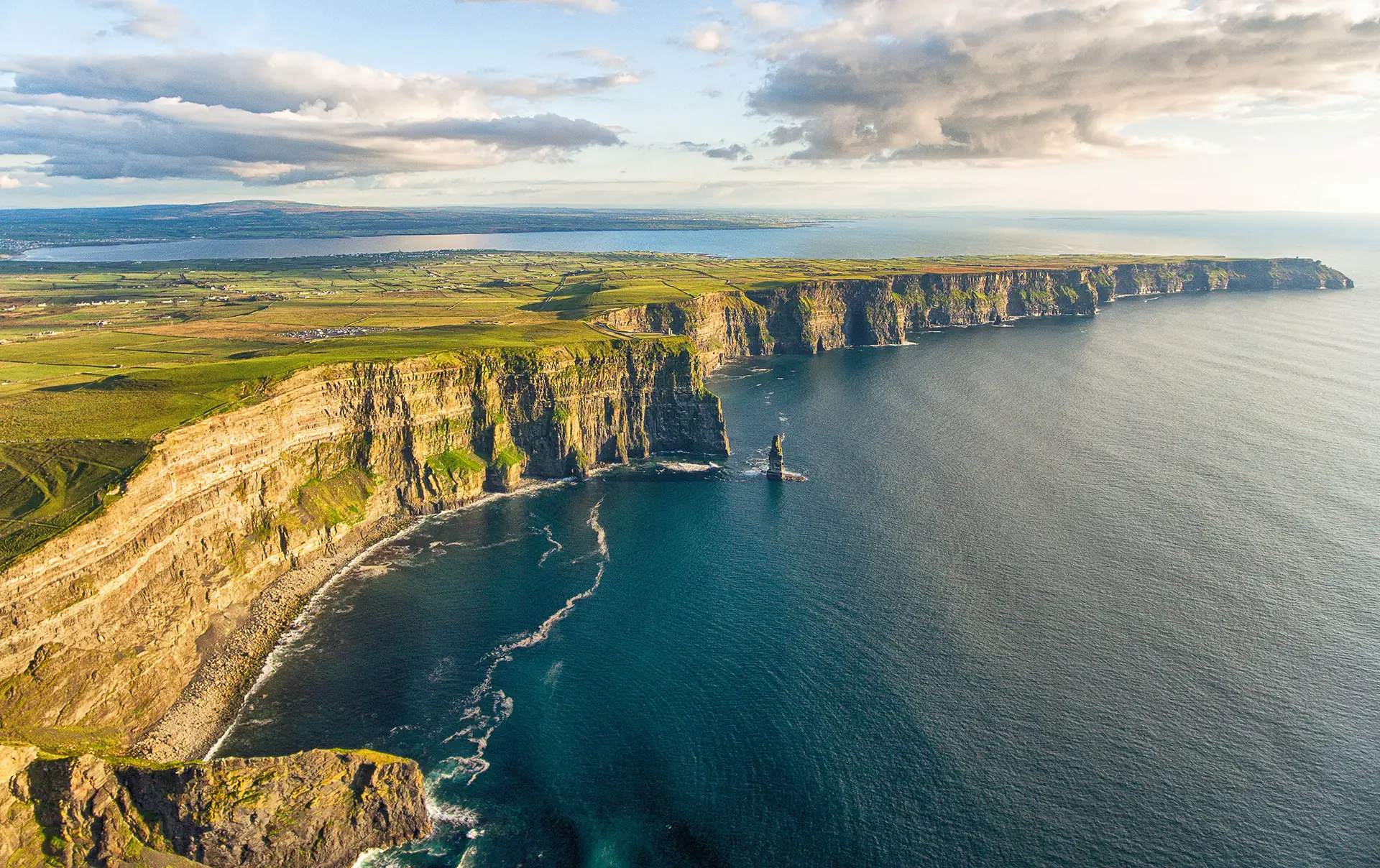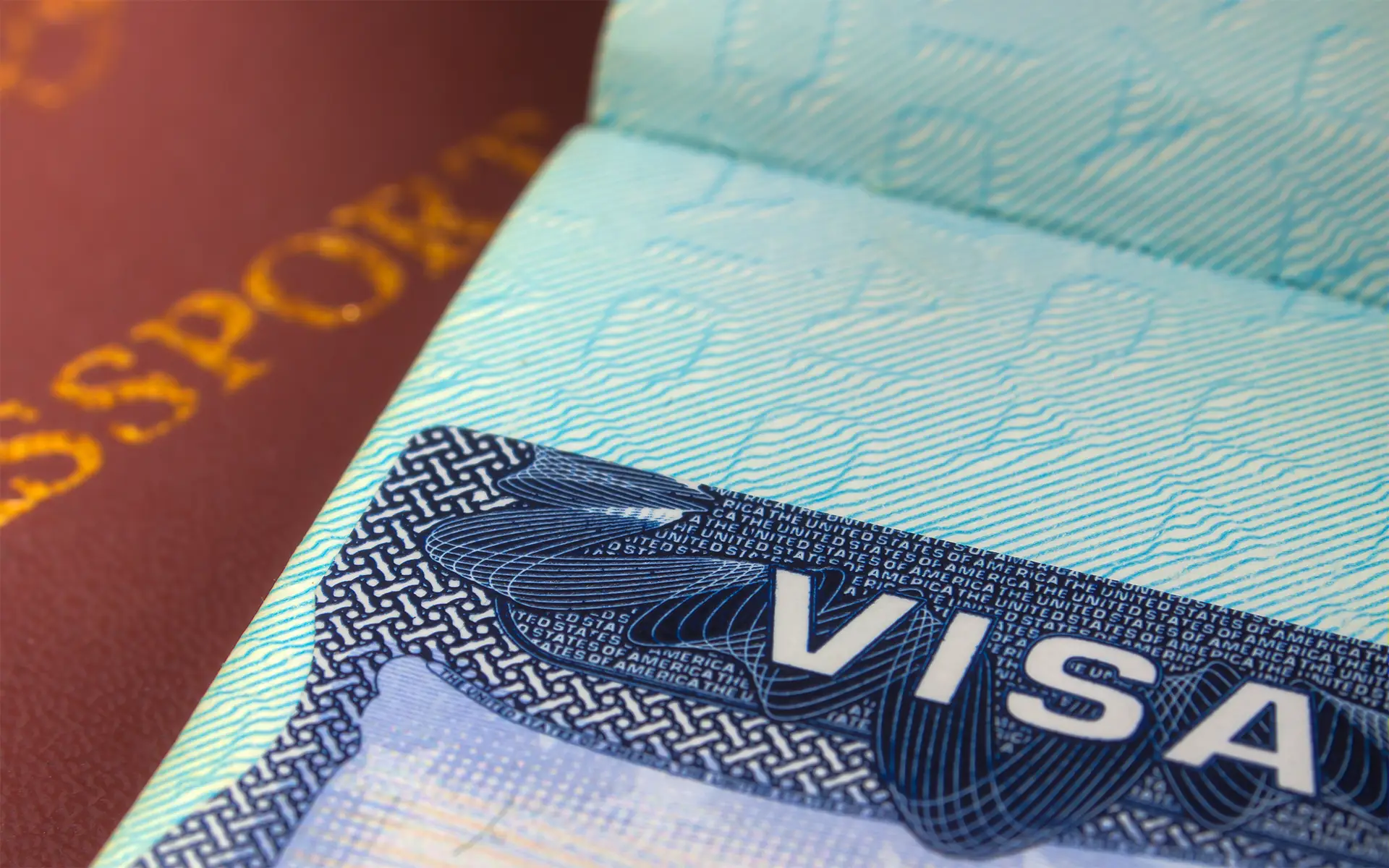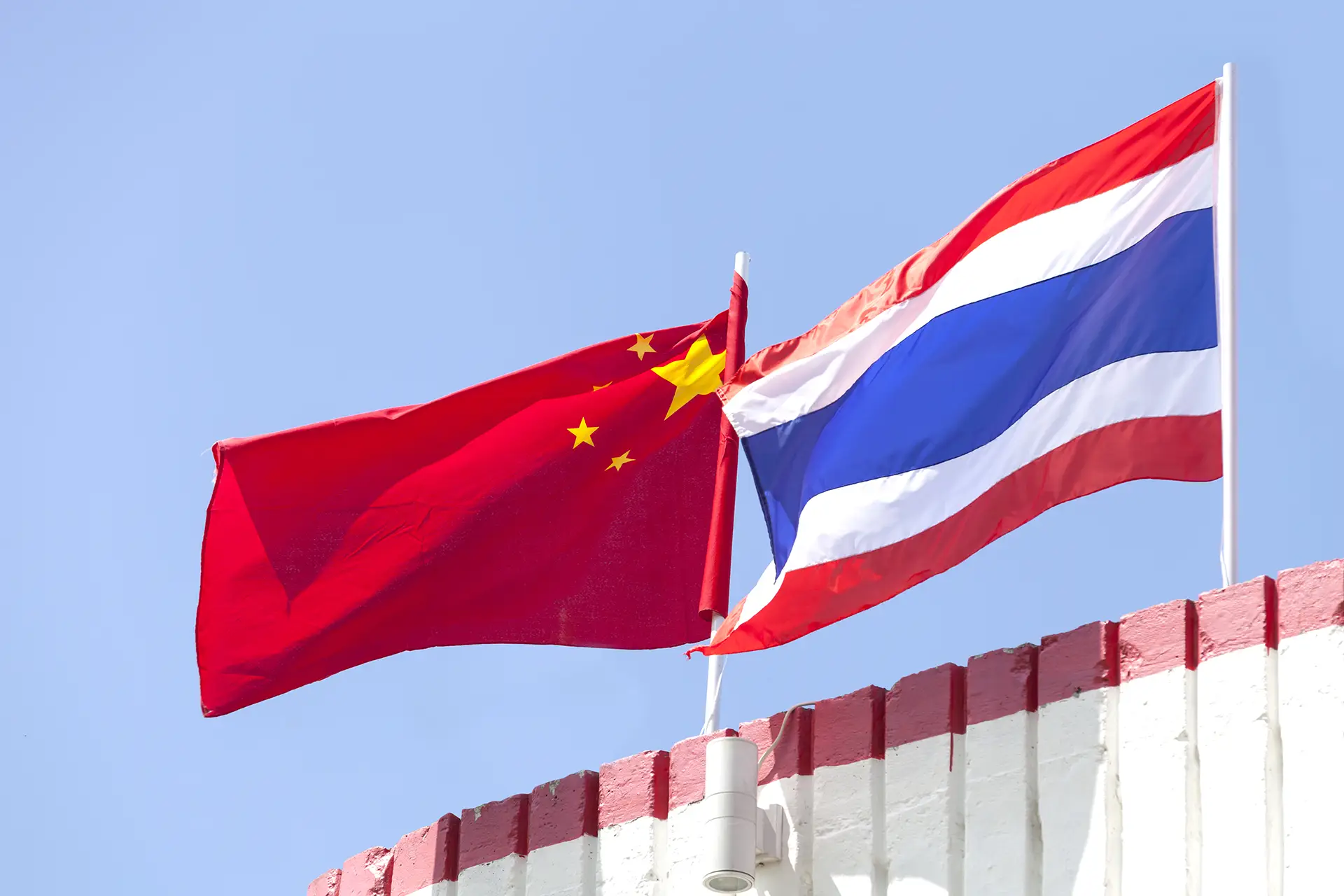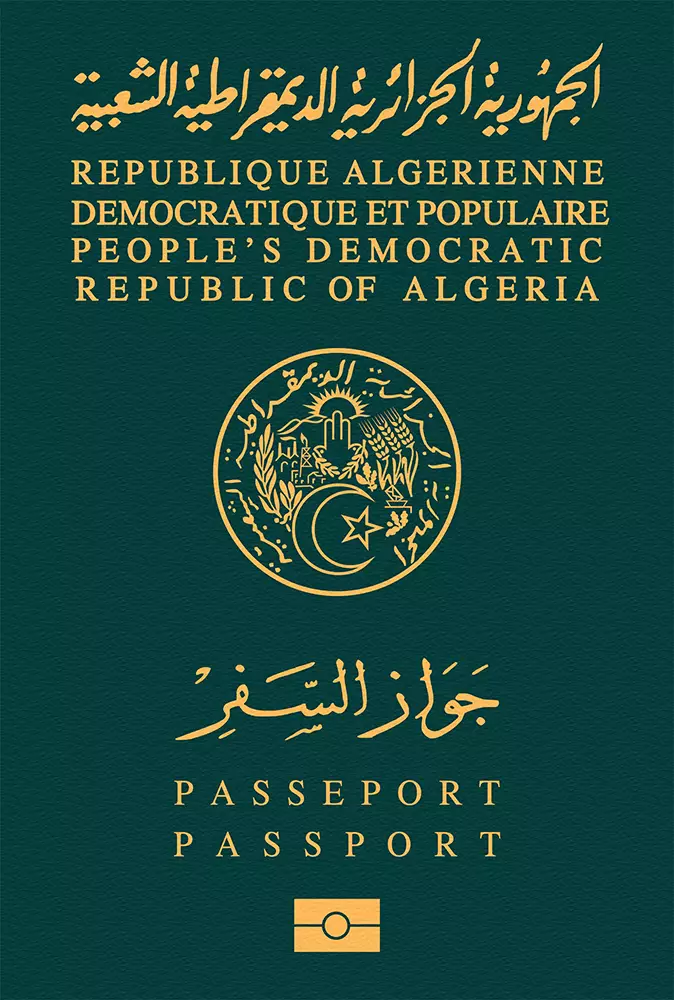
Algeria
Algeria passport ranking
The Algerian passport is currently ranked 88th place on the Guide Passport Index. It is considered to be on the lower end of Passport Rankings in the world.
Algerian passport holders have visa-free access to only 52 destinations including Malaysia, and Dominica. There are 177 destinations for which an Algerian passport holder requires to obtain a visa prior to traveling. That is the reason why the passport raking is low on the overall worldwide mobility score. For major destinations such as USA and the European Union, Algerians require to apply for a visa in advance. Visa applicants need to present documents such as proof of funds and return flight ticket.
Algeria Passport Ranking
The Algeria passport ranking relative to other global passports is calculated by adding up the number of countries that allow Algeria passport holders to enter without a visa (i.e. visa-free countries) and those that allow Algeria passport holders to enter by obtaining a visa on arrival (i.e. visa-on-arrival countries) or electronic travel authorization (eTA). There are currently a total of 20 Algeria passport visa-free countries, 30 Algeria visa-on-arrival countries, and 2 eTA destinations.
Altogether, Algeria passport holders can enter a total of 52 destinations—either without a visa, through a visa on arrival, or via an eTA. As a result, the Algeria passport ranks 88 in the world.
Separate from these Algeria visa-free countries and visa-on-arrival countries, there are 177 additional destinations in which Algeria passport holders either need a physical visa to enter or an eVisa (i.e. visa required countries).
About Algeria
The People’s Democratic Republic of Algeria is made of 58 provinces. It is located in North Africa in the Maghreb region. The nation borders Morocco, Mali, Mauritania, Libya, Niger and Tunisia. The most significant provinces are Alger, Sétif, and Oran. The country has a total surface area of 2,381,741 square kilometers. The land is dominated by high plateaus and deserts. Its climate is mostly arid to semiarid.
The overall population is 44.7 million people making it the 9th largest country in Africa. The capital of the country is Algiers. It is also the most populous city with over 3 million people. The largest airport is Algiers Houari Boumediene Airport (ALG) with an approximately yearly passenger traffic of 7 million people. The airport is named after former president Houari Boumediene. It also hosts the national carrier Air Algérie and Tassili Airlines.
Algeria’s culture is dominated by Islam. Out of the total population, 99% is Muslim. The official languages are Arabic and Tamazight. The legal system is a mix of the French civil and the Islamic sharia law. The government form is a presidential republic. The current elected president is Abdelmajid Tebboune. All provinces have their regional governors, reporting to the Minister of Interior. Towns have their elected assembly representing them.
The official currency is the Algerian Dinar (DZD). Its current exchange rate is about 134 Algerian Dinar to the USD. The country has an open economy, generating a GDP of approximately $190 billion. The per capita income is $4,151. The largest portion of the GDP is generated by the services sector and agriculture. It has the second-largest oil reserves in Africa and the 16th-largest in the world. Algeria’s most famous export products are petroleum, natural gas, wheat, barley, grapes and olives. These products are mostly sold to the neighboring countries and the European Union.
The country has many natural and culturally unique attractions for tourists to explore. It has seven UNESCO World Heritage sites scattered across the country. These sites range from secluded deserts to the busy streets of Kasbah. Some of the most visited tourist destinations are Atakor, Oran, Constantine, and Timgad. As the capital, Algiers also offers great museums and exhibitions showcasing the history and natural beauty of the country.
